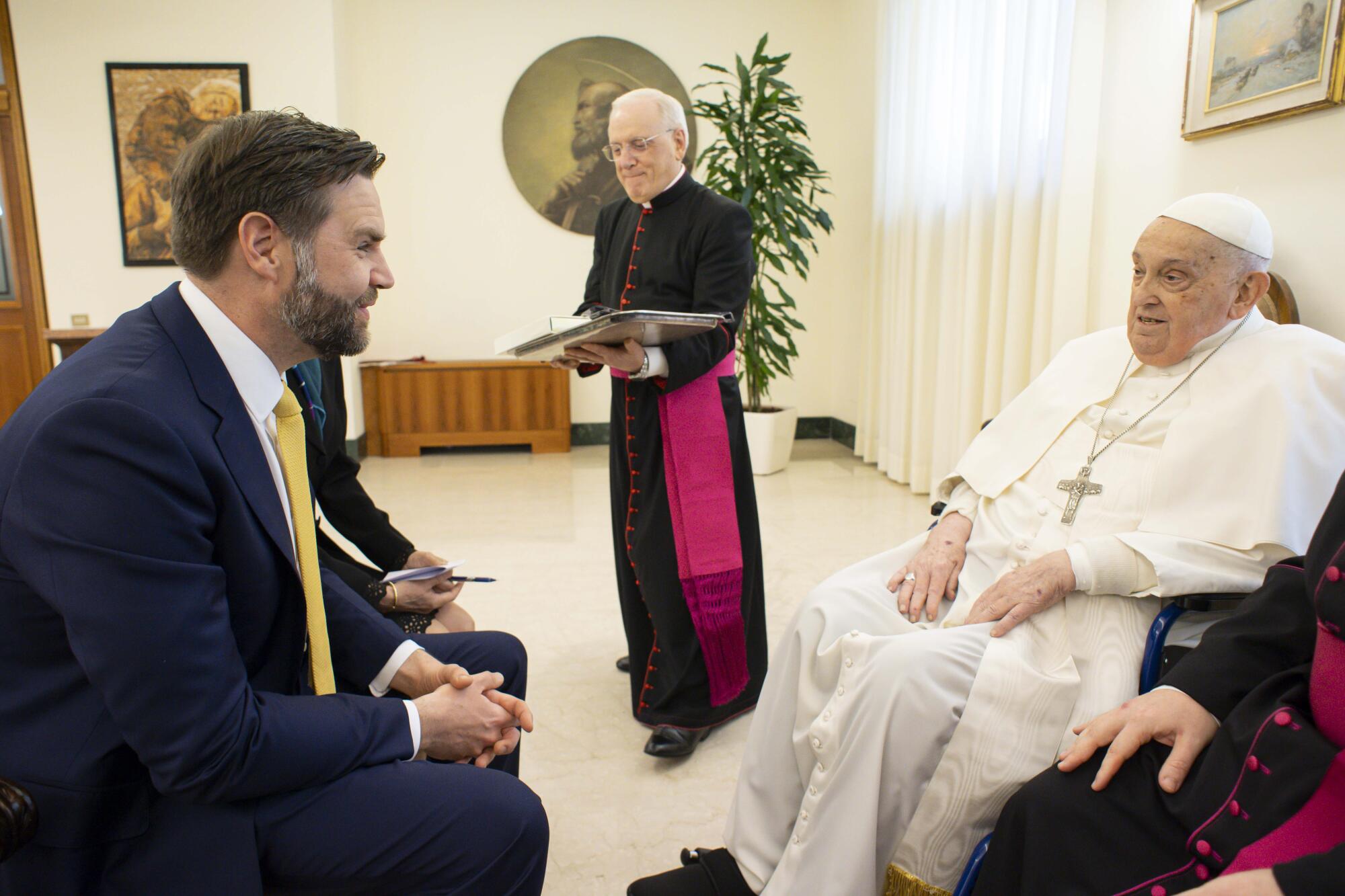COPENHAGEN (Reuters) – A fire at Copenhagen’s Old Stock Exchange on Tuesday engulfed its spire, which collapsed onto the roof in a scene reminiscent of the 2019 blaze at Paris’ Notre-Dame Cathedral.
Here are some facts about the fire and the building, which is one of the Danish capital’s best-known landmarks.
WHAT IS COPENHAGEN’S OLD STOCK EXCHANGE?
The Dutch Renaissance style Old Stock Exchange, located on the waterfront next to Denmark’s parliament, was built on the orders of King Christian IV and opened in 1624 as a commodities trading place.
Following two big wars, the building was an attempt by the Danish king to develop trading in the capital.
WHAT IS IT USED FOR?
The building was originally home to market stalls. In the late 19th century, security trading began in the building, which housed the Copenhagen Stock Exchange until 1974.
It now serves as the headquarters and conference venue of the Danish Chamber of Commerce, which has owned the since 1857.
WHAT WAS THE ICONIC TOWER?
The dragon-tailed spire that collapsed on Tuesday was one of the Danish capital’s best known landmarks. It has been seen as symbolically protecting the exchange from enemies as well as from fire, the Chamber said on its website.
When the building was nearly finished in 1623, King Christian IV was not satisfied with its warehouse-like appearance. He ordered a new roof and a spire that was designed by his own firework master.
WHAT HAPPENED ON TUESDAY?
Flames and thick grey smoke rose from the building on Tuesday morning.
It was not immediately clear what caused the blaze. The building was undergoing extensive restoration ahead of its 400th anniversary to bring it back to its original Renaissance style.
Scaffolding around the building made it harder for emergency services to get through to the flames, while the copper roof was preserving the heat.
(Reporting by Jacob Gronholt-Pedersen, Editing by Timothy Heritage)

